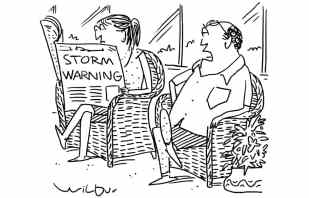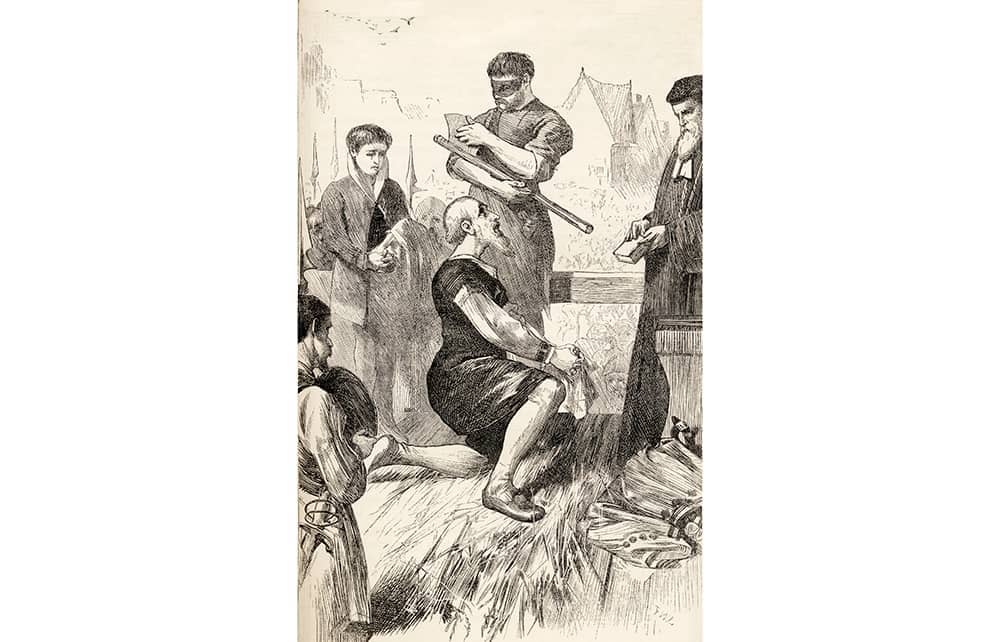As Tory writers reflected on the safe passage of the Stuart dynasty through the Exclusion Crisis of 1679-81, an anonymous author urged contemporaries to learn the lessons of English history. The Rebels Doom (1684) offered some thumbnail sketches of various unsuccessful rebellions and attempted revolutions that had threatened the monarchy since the reign of Edward the Confessor, in order to show ‘the Fatal Consequences that have always attended … Disloyal Violations of Allegiance’.
The writer paused especially over one Tudor insurrection from 1549, in which 10,000 rebels from Devon and Cornwall took up arms against the administration of Edward VI and besieged the city of Exeter, but were ultimately crushed by forces led by Lord John Russell. For the anonymous writer the episode was clearly of national rather than regional or West Country importance; when the ringleaders of the revolt were ‘splendidly Hanged’, their bodies offered his own ‘Wavering Age … [an] Admonition to the Restless and Impatient’ who sought to ‘spurn the Lawful authority of their Sovereign prince’.

This admonitory event in Tudor history, known as the Prayer Book Rebellion or, less pejoratively, the Western Rising, is the subject of Mark Stoyle’s authoritative new book. Like the author of The Rebels Doom, Stoyle claims national significance for the events of midsummer 1549, showing how a series of parish-level protests, resisting the imposition of the Book of Common Prayer that began in the Devonshire village of Stampford Courtenay, swiftly became an insurrection that gravely imperilled the regime of Edward VI and ultimately contributed to the toppling of Edward Seymour, Duke of Somerset, as Lord Protector and head of the child king’s administration.
In meticulous detail, Stoyle demonstrates how the official forces of English Protestantism ruthlessly triumphed over groups of West Country men and women from all points on the social scale.







Comments
Join the debate for just £1 a month
Be part of the conversation with other Spectator readers by getting your first three months for £3.
UNLOCK ACCESS Just £1 a monthAlready a subscriber? Log in